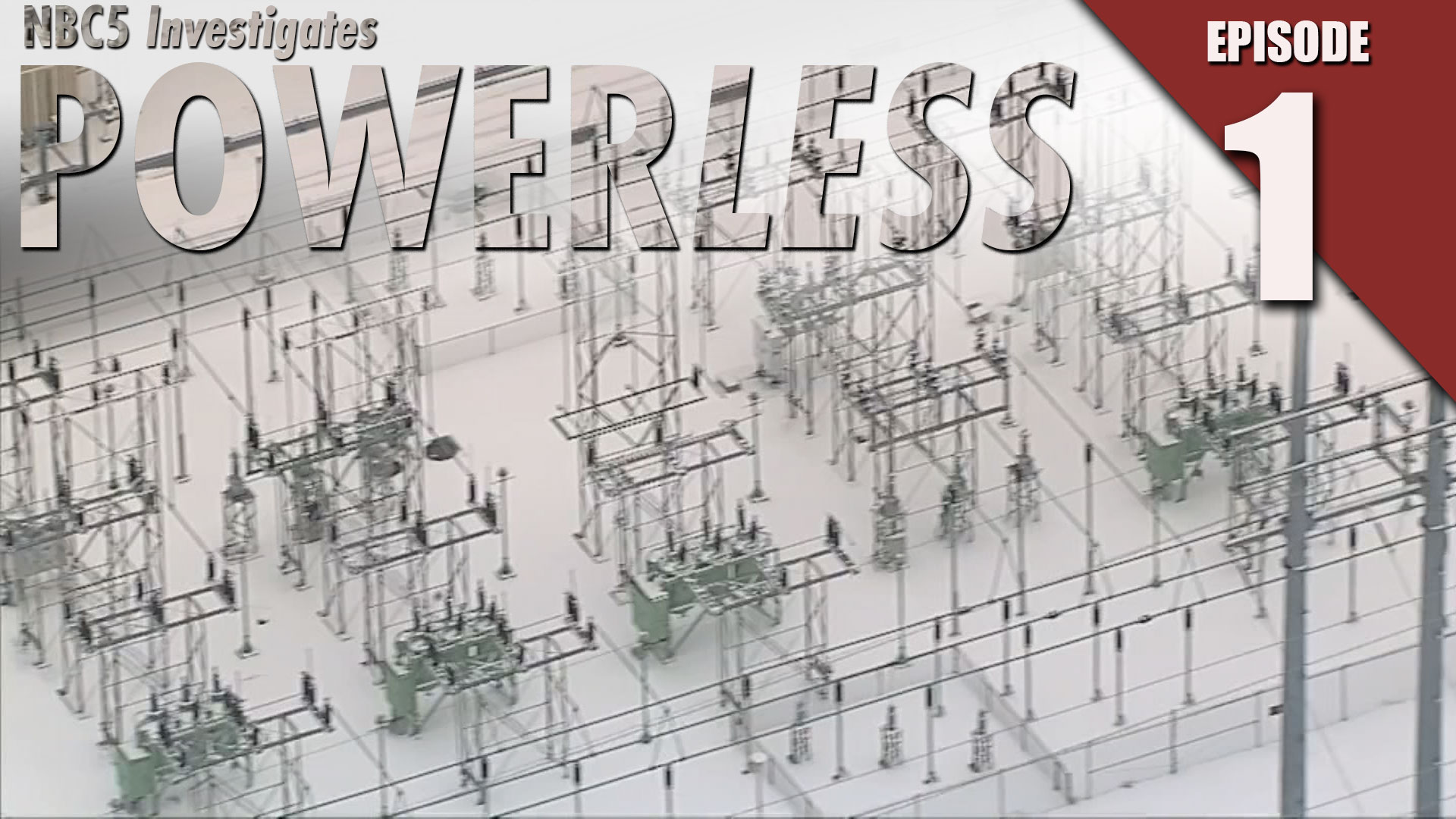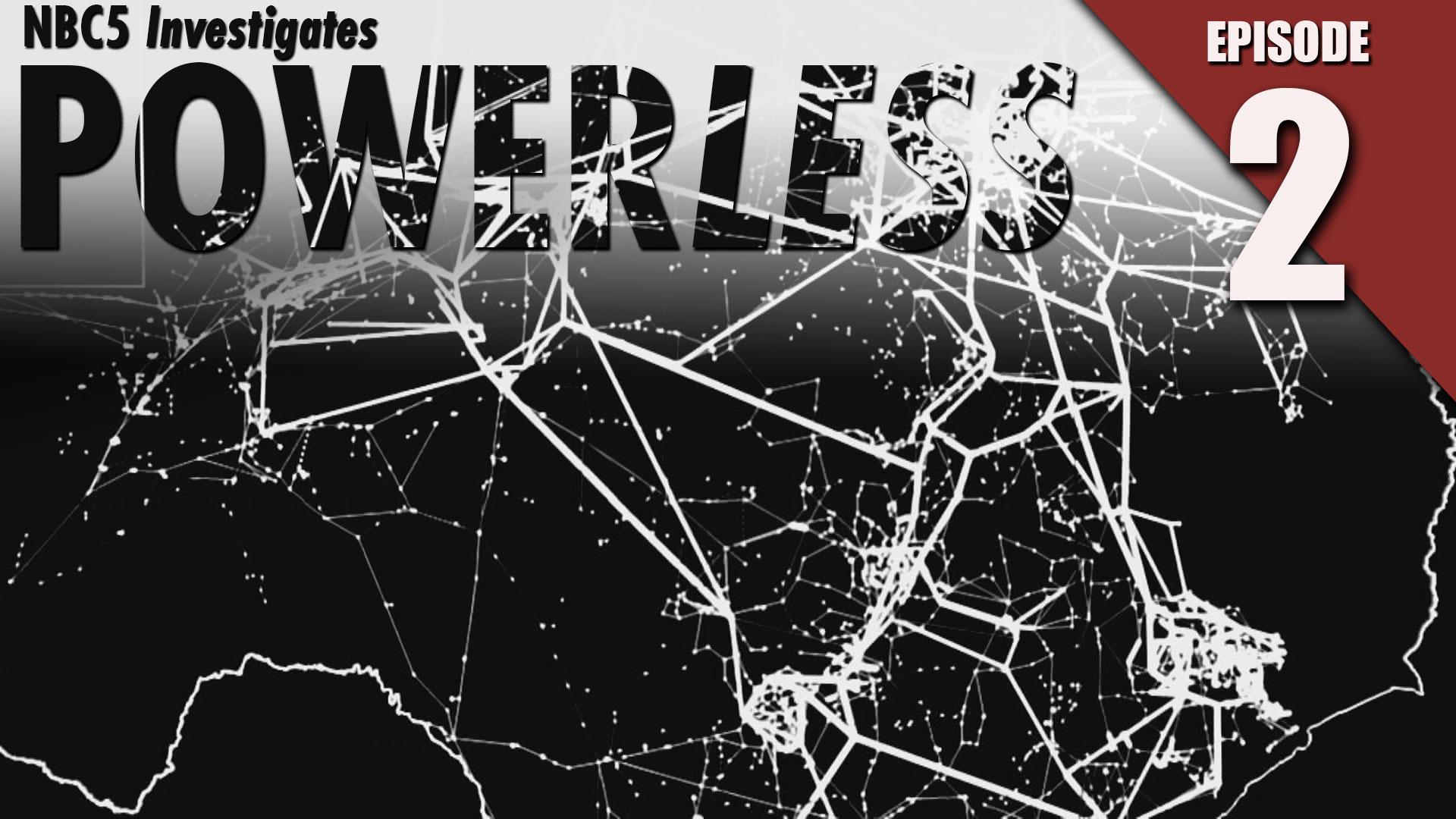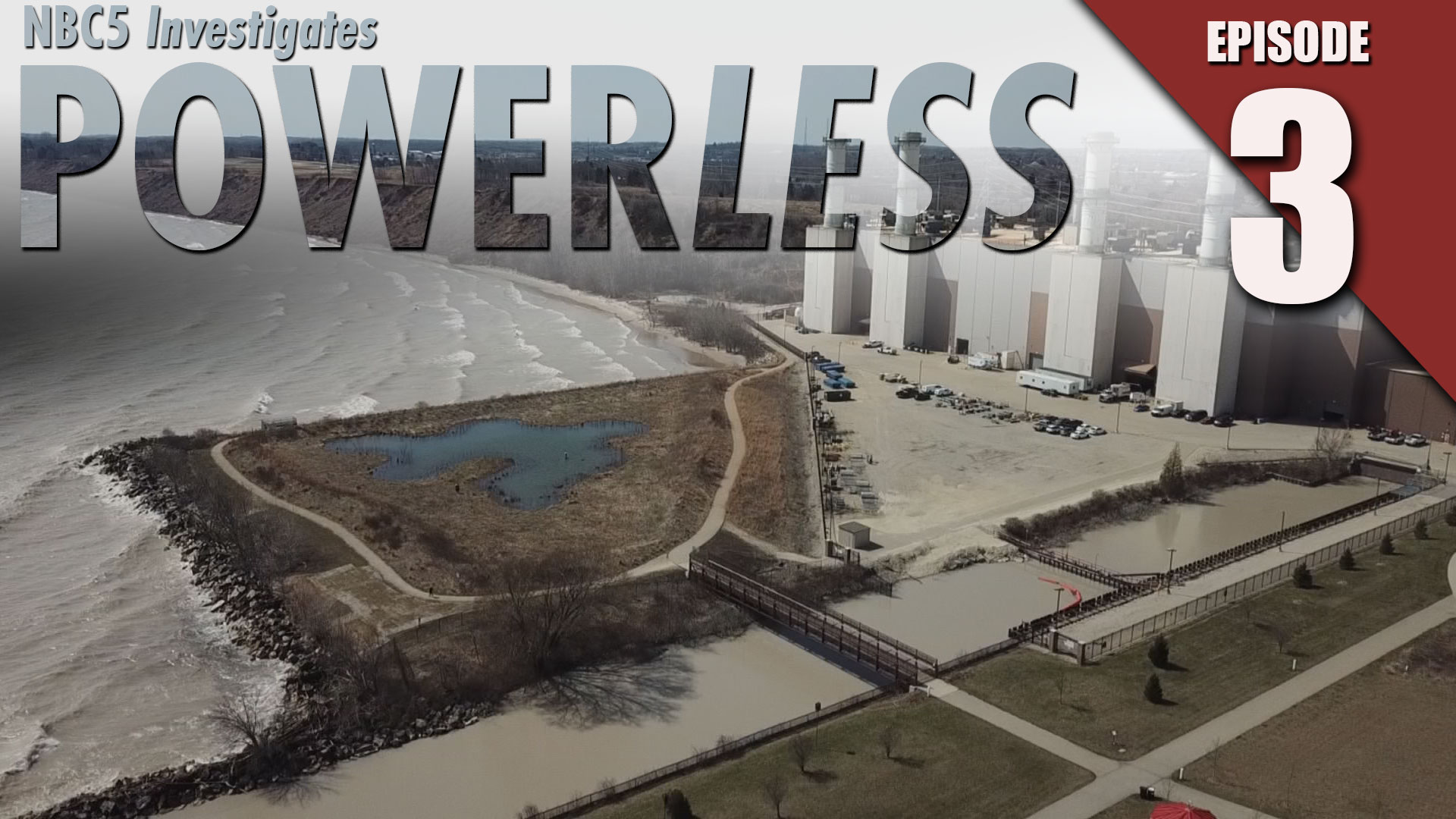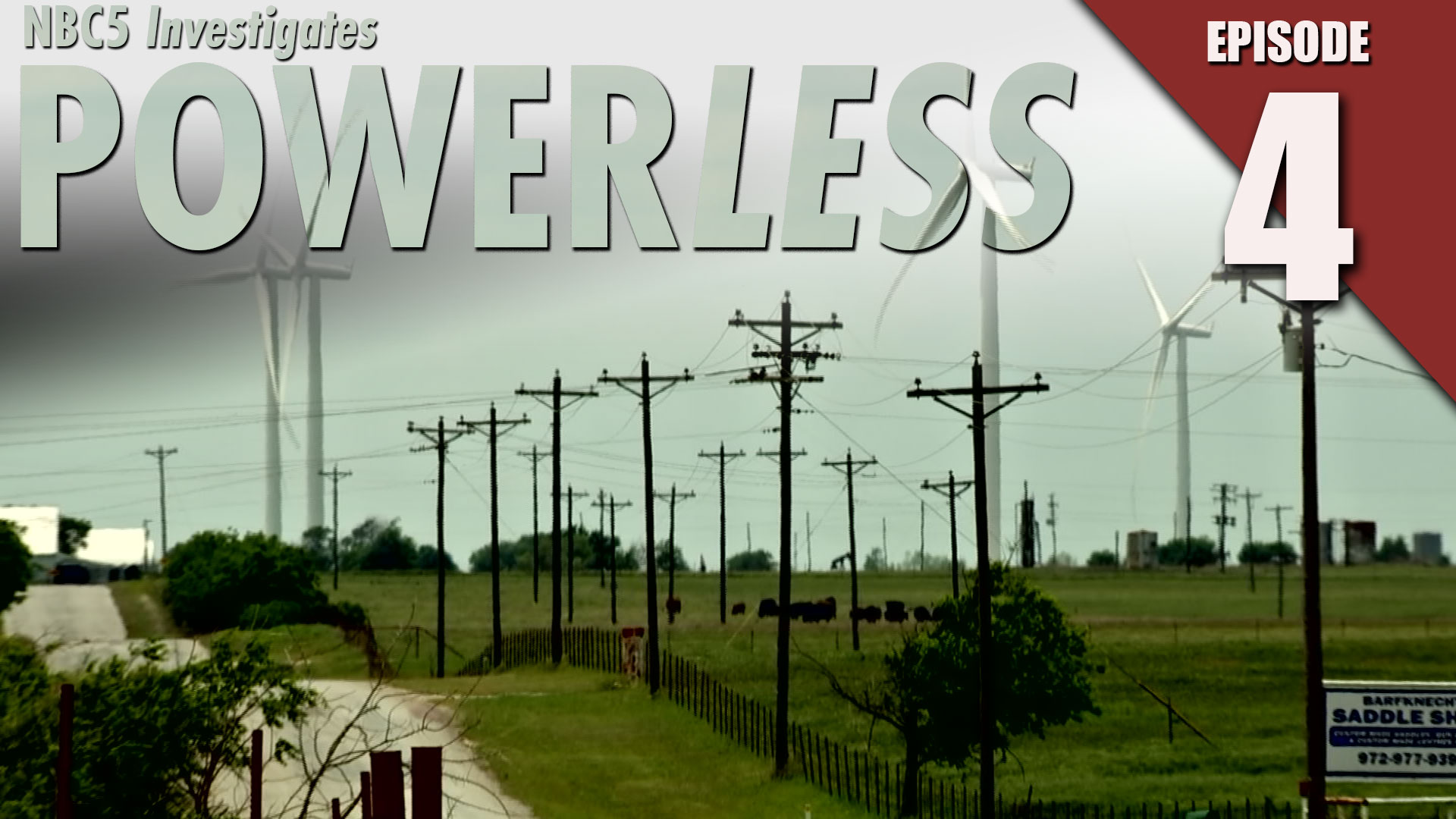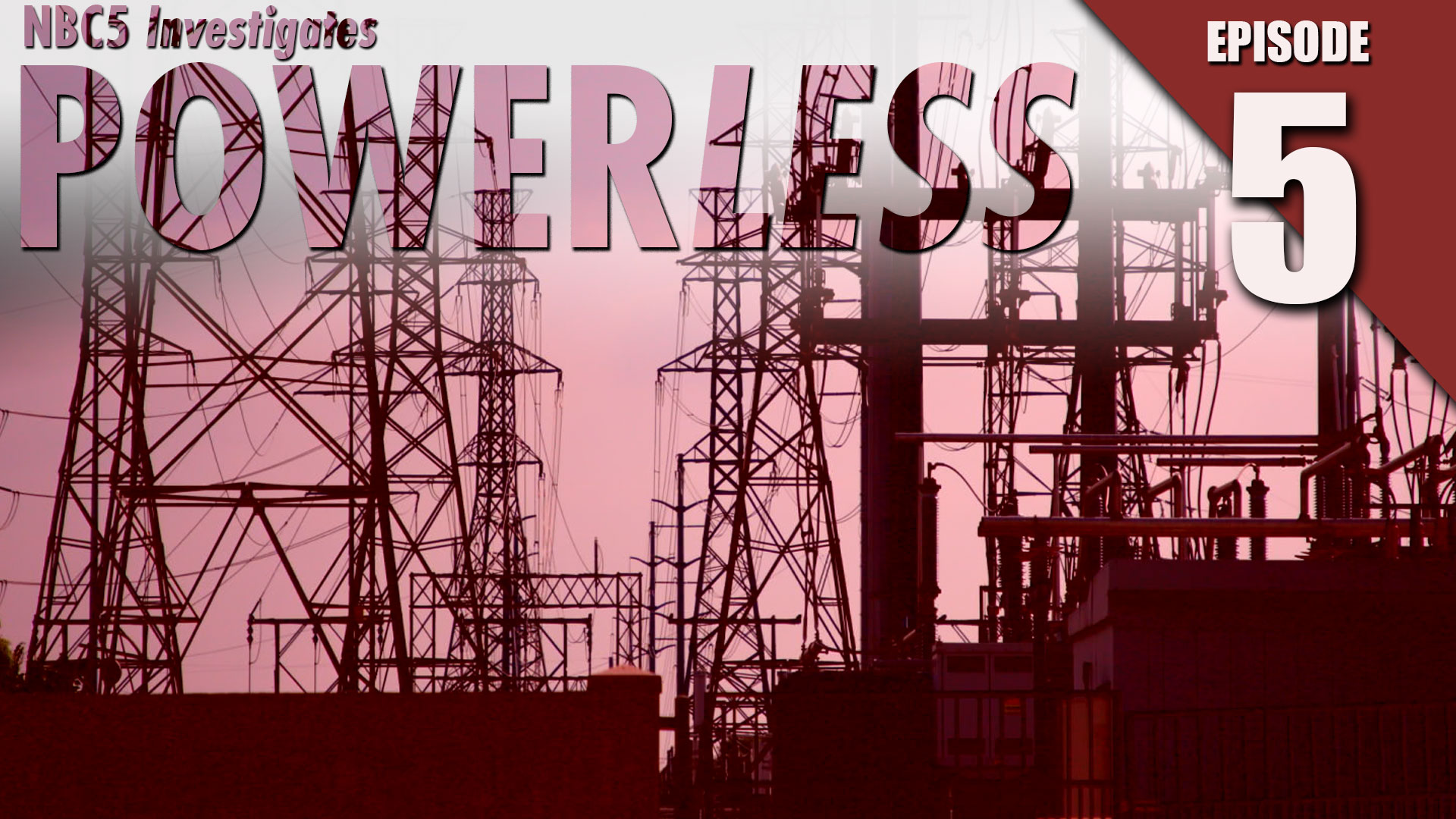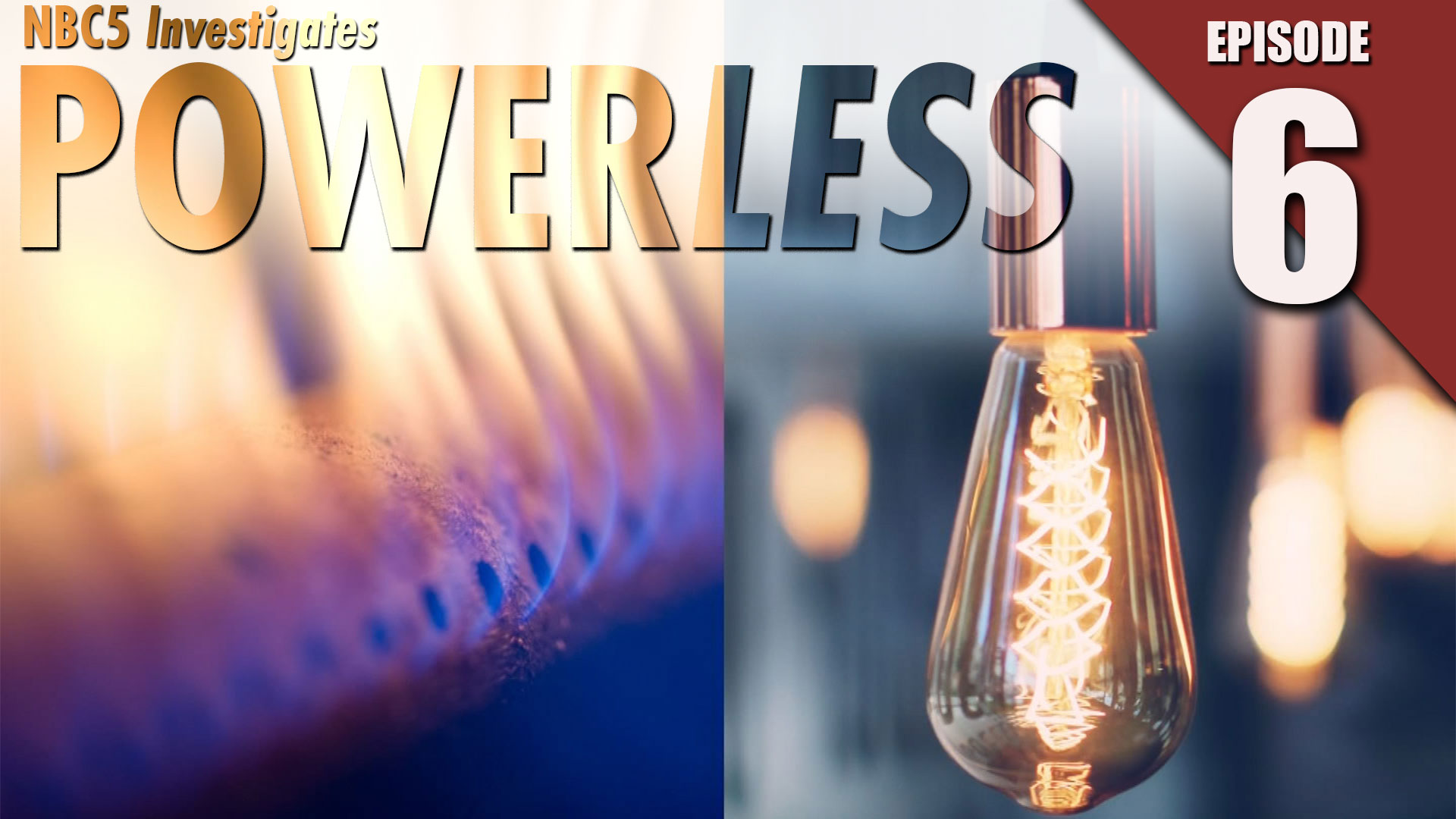What to Know
- Report warns Texas is at an "elevated risk" of energy shortages and potential power outages this summer.
- Report cautions Texas is expected to see above-normal summer temperatures and experience higher risk of drought, driving up demand for power.
- Power plant stress, less available water due to drought and low wind could reduce available power generation.
A report released Wednesday by the authority that regulates electric reliability in North America warns that Texas is at an “elevated risk” of energy shortages and potential power outages this summer.
That warning comes just a little more than three months after the worst energy crisis in Texas history, the February winter storm power outages that left millions of Texans freezing inside their homes, caused more than $100 billion in damage, and contributed to more than 150 deaths.
In its 2021 “Summer Reliability Assessment” the North American Electric Reliability Corporation (NERC) said the Texas grid managed by ERCOT should be able to supply enough power under normal expected operating conditions.
Get top local stories in DFW delivered to you every morning. Sign up for NBC DFW's News Headlines newsletter.
But the report cautions that Texas is expected to see above-normal temperatures this summer and a higher risk of drought across much of the state, potentially increasing demand for power and putting more strain on the grid.
Digital Series: Powerless
Power plants often suffer more outages under the stress of extreme temperatures and drought can reduce the amount of cooling water available to power plants. The NERC report said those factors combined with other potential problems, such as days of low wind, reducing wind energy output, could lead to electricity shortages.
When the level of electric demand is at risk of exceeding the amount of available supply ERCOT is forced to implement rolling power outages which are designed to preserve the grid and prevent a more damaging uncontrolled widespread blackout.
From new records revealing the causes of the massive February power outages to new interviews revealing potential solutions, NBC 5 Investigates gets to the bottom of the state's power problems in the ongoing streaming series "Powerless," available here.
Some electricity experts have recently told NBC 5 Investigates they are increasingly worried about this summer and the possibility that a string of extremely hot days could mix with low winds and nights where temperatures don’t cool off much.
“If that happens this year, I'll be very concerned”, said Alison Silverstein, an energy consultant and former advisor to the Chairman of the Texas Public Utility Commission and the Chairman of the Federal Energy Regulatory Commission.
“Maybe we get lucky and none of those things happen, or maybe we get unlucky and all of that happens at the same time,” Silverstein said.
Silverstein said planners must consider many more extreme scenarios in their seasonal forecasts and look at ways to effectively deal with a wider range of wild weather swings.
NERC warned that the highest risk of forced power outages in Texas would likely be from 3 p.m. to 8 p.m., the hours when demand typically peaks and winds can sometimes dip in the early afternoon. The report cautioned that ERCOT should look at ways to mitigate that concern including having more traditional power plants ready to meet potential wind shortfalls.
“…with a significant portion of electricity supply coming from wind generation, operators must have sufficient flexible resources to cover periods of low-wind output.” The NERC report said.
In recent weeks ERCOT has said its own summer assessments show a less than 1% chance of forced outages this summer, even under new “extreme demand scenarios” ERCOT planners have considered in their forecasting following the damaging winter storm.
ERCOT said it expects the number of available power reserves to be slightly higher than last summer, largely due to new solar power generation expected to be online. Still, ERCOT has acknowledged that unforeseen weather conditions could pose some risk of shortfalls and rolling outages.
ERCOT said Wednesday it plans a 7 p.m. test of its emergency notification system as it prepares for the summer season. Test messages will appear on ERCOT’s Twitter feed, mobile app, and website. Test emergency alert mails will also be sent to organizations on ERCOT’s distribution list.
During the winter storm, ERCOT was criticized for failing to provide a clear warning that power outages might be imminent and for posting energy conservation messages on social media that seemed to downplay the seriousness of the potential risks.

